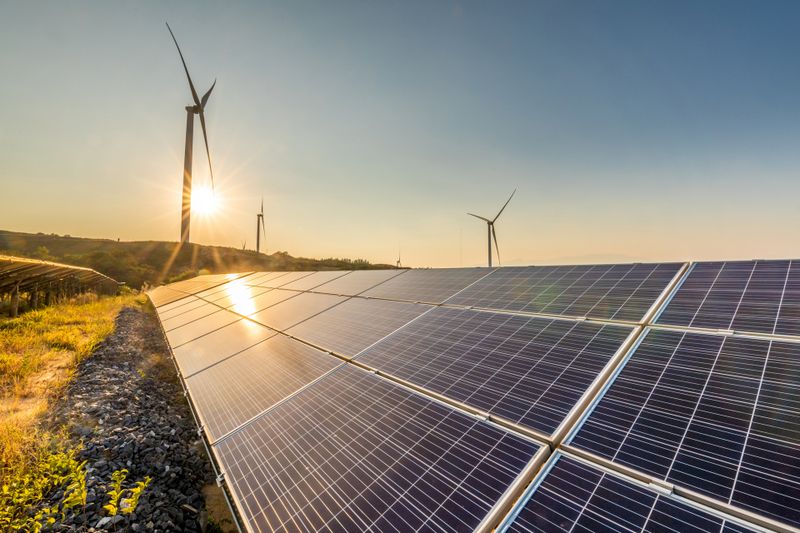Ensuring NGED play their part in delivering net zero carbon
Matthew Rhodes
Chair of the CEG Sub-group looking at Regional and Net Zero Issues
Electricity Distribution Companies have a critical role to play in supporting the ambitions of local communities across their license areas to respond effectively to the Climate Emergency. They are the first point of contact for many renewable and smart energy projects with the national energy system, which is often exceptionally intimidating and complex to the uninitiated.
The challenge for NGED, communities and national government is that both the urgency and diversity of change required are new. The one thing everyone can agree on is that local action and leadership is critical in delivering national decarbonisation, and this needs to be supported as much as possible.
The role of the CEG is to ensure NGED approach this challenge in a thorough and fair way, thereby delivering cost-effective outcomes for future customers as well as current customers. In particular, we are trying to make sure that NGED (and government) consider approaches which go beyond simply trying to address these issues through their existing business model and business-as-usual, as this is likely to be very expensive (or hold back genuine local attempts to respond to climate change). Instead, given the novelty of the challenges, we are asking NGED how they are thinking differently about this challenge, perhaps considering new ways of working with customers (particularly strategic customers such as local authorities and community groups). This might make it easier for communities and regional and local authorities to contribute to cost-effective decarbonisation of the UK, with benefits for all.
There are 130 local authorities within NGED's four license areas, and they often have different targets, which is their democratic right and might often reflect different levels of willingness of local people to engage with renewables or energy efficiency technologies. Different geographical areas are finding that different technical approaches work most cost-effectively for them too: such as solar in the South West, or wind farms in the East Midlands. These can put very different strains on local electricity networks, and require different levels of investment locally for NGED to support new connections effectively.


